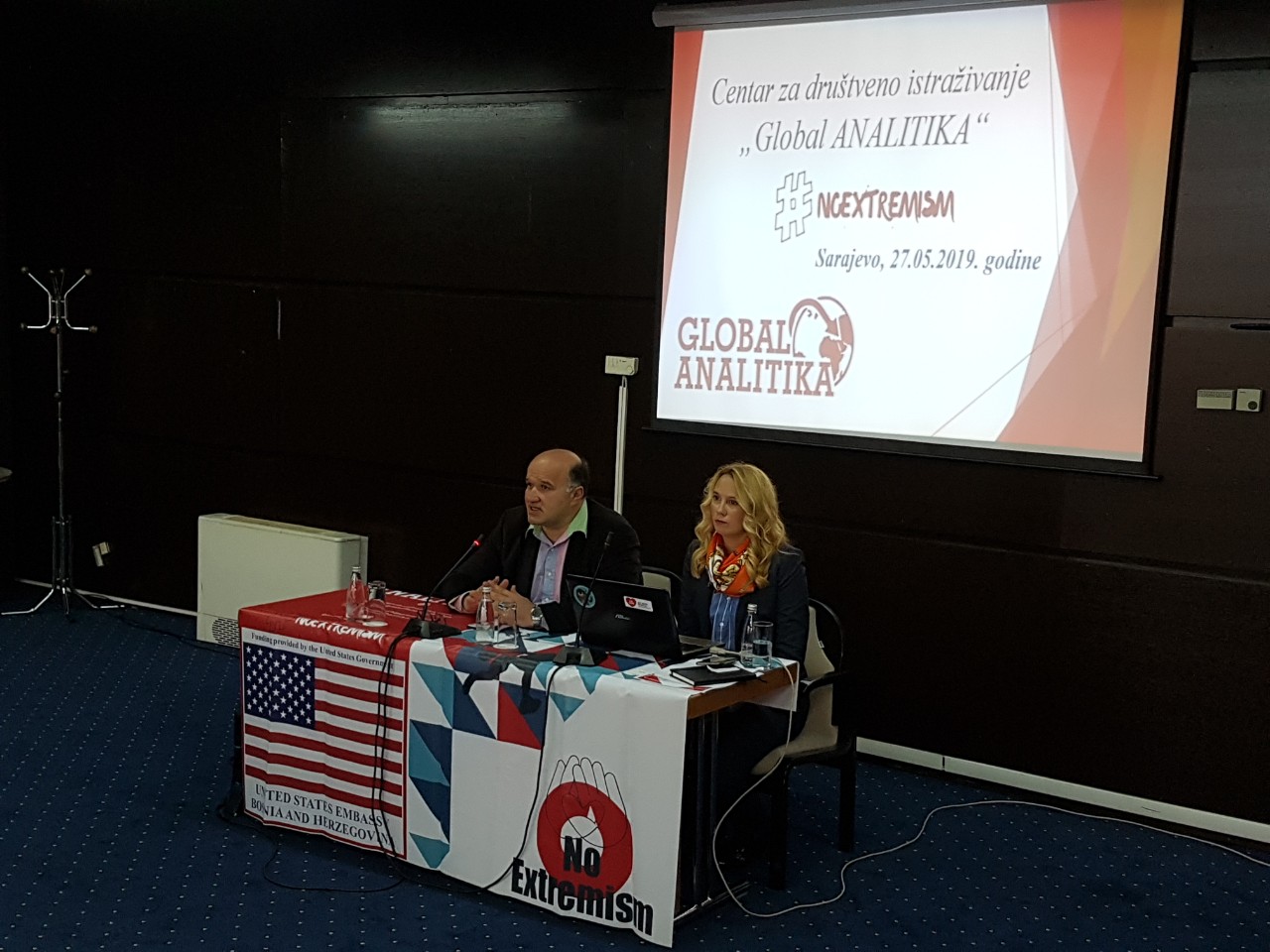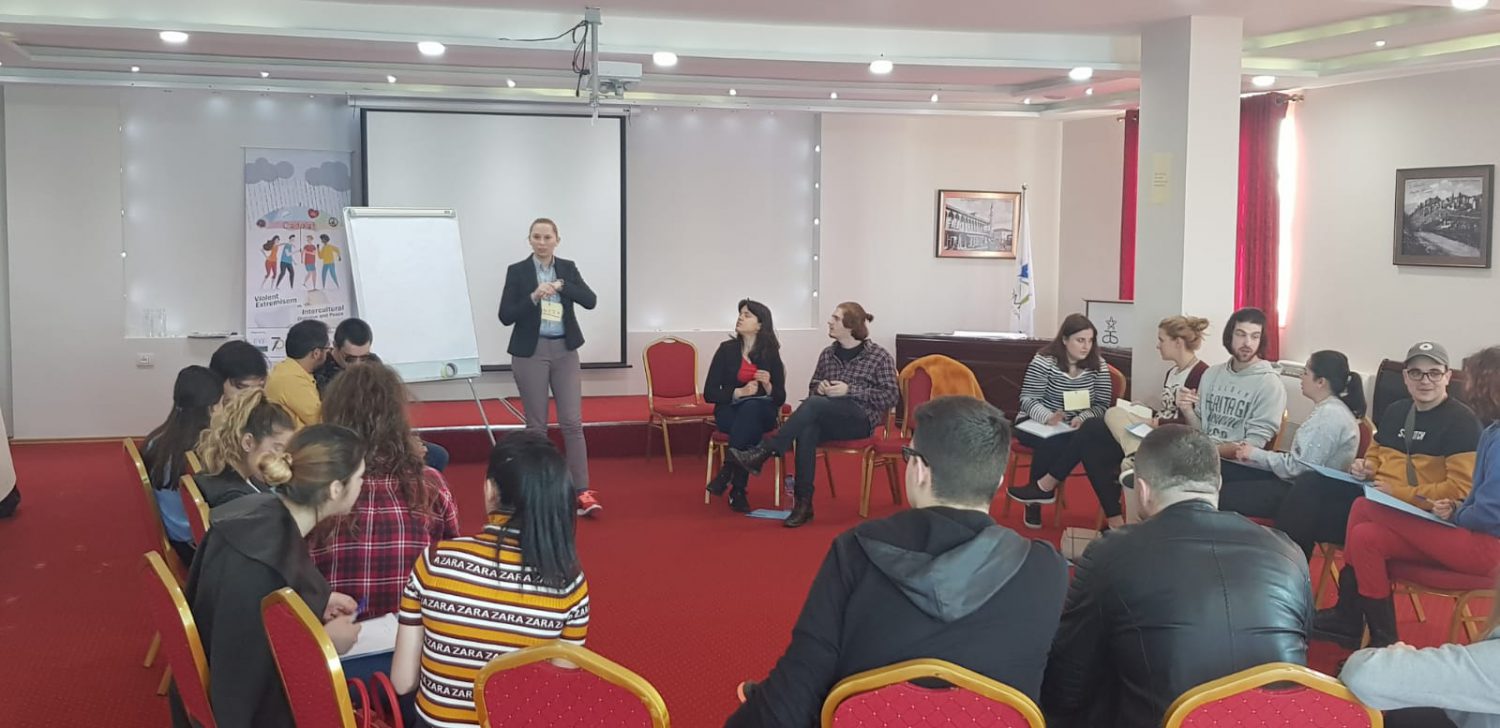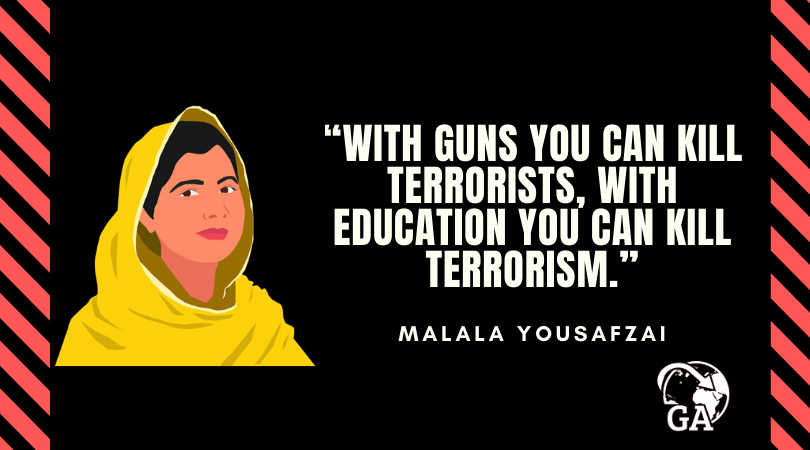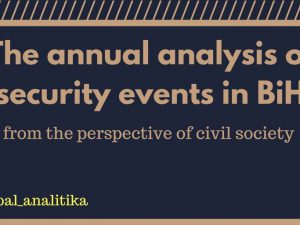On November 1, 2019, the State Department released its annual country reports on terrorism in the world for 2018. The report states, among other things, that the US is a leader in the fight against terrorism in the world, that ISIS is defeated, as is Al-Qaeda, but there is still a threat from their followers. Terrorist financing countries are said to be Iran, North Korea, Sudan, and Syria. The United States has engaged a multitude of international partners – from governments, local religious leaders, to technology companies – to counter terrorist radicalization and recruitment, both online and offline. International initiatives are supported, including the Strong Cities Network, which has expanded to 125 cities worldwide and plays a key role in building local resistance to terrorist narratives.
This network of cities from BiH includes: Bihac, Bijeljina, Doboj, Jablanica, Prijedor, Srebrenik, Tuzla Canton and Center Municipality (Sarajevo).
The US has funded and mobilized support for broad programs to combat violent radicalization in Bangladesh, Indonesia, Kenya, Kosovo, Malaysia, Mali, Nigeria, the Philippines, and many other localities. The report, signed by Ambassador Nathan A. Sales, Counterterrorism Coordinator, states that the United States and partners will remain committed to the global fight against terrorism.
State of the region according to the Report
Bosnia and Herzegovina, Serbia, Northern Macedonia, Kosovo, and Albania are listed in the report. All states are said to be cooperating and taking action to combat terrorism, and no terrorist attacks have been reported in any of the countries in the region in 2018, while legislation has improved.
- North Macedonia cooperated with U.S. counterterrorism efforts and was a member of the Global Coalition to Defeat ISIS. With no terrorist attacks in 2018 and no reported departures to join ISIS, the main terrorist threat North Macedonia faced consisted of returning FTFs and the potential for radicalization to violence. In March, the government adopted the 2018-22 National Counterterrorism Strategy and a standalone 2018-2022 National Strategy for Countering Violent Extremism, both accompanied by national action plans. North Macedonia’s authorities assessed that ISIS members and sympathizers maintained a presence in North Macedonia.
- Kosovo continued to fight the threat of terrorism through close cooperation with the United States. Kosovo is a member of the Global Coalition to Defeat ISIS. In 2018, the Government of Kosovo strengthened its existing counterterrorism provisions and approved its third counterterrorism strategy and action plan for 2018-2022. The new counterterrorism strategy provides a comprehensive approach to preventing and combating terrorism and is one of the government’s strategic priorities. Although national institutions continued to strengthen their capacities, limited resources and experience continue to hinder their ability to handle terrorism cases effectively.
- Serbia is also a member of the Global Coalition to Defeat ISIS. With no terrorist attacks in 2018 and low levels of ISIS recruitment activities, the main terrorism threats in Serbia remained the potential movement of money and weapons through the region, recruitment and return of FTFs, revitalization of terrorist ideologies, and opportunities for self-radicalization to violence. Serbia has built on its efforts to counter terrorism and continued cooperation with international partners. Serbia is implementing its National Strategy for the Prevention and Countering of Terrorism for the Period 2017-2021 and accompanying Action Plan, which seeks to identify early factors leading to radicalization to violence, enhance the security culture of citizens, and intercept threats from social media activities. Serbia has not appointed a national CVE coordinator.
- Albania continued its strong support of international counterterrorism efforts in 2018 and its participation in the Global Coalition to Defeat ISIS. The terrorist threat in Albania consists of FTFs returning from Iraq and Syria and attempts to radicalize Albanian youth to violence. In December, Albania expelled two Iranian officials, including the Iranian Ambassador to Albania, in response to an Iran-sponsored plot to carry out a terrorist attack in Albania. Corruption and barriers to information sharing among government agencies, insufficient intra-agency coordination, and a poorly functioning judicial system continued to hinder Albania’s law enforcement efforts at all levels. The Government of Albania established its National CVE Center in January 2018, which is active in coordinating CVE programming among international donors and seeks to ensure all ministries cooperate effectively and avoid duplication of effort.
Prohibition on the use of the symbol of “Croatian Ustashas” in Austria
Within this report regarding Austria, in the section of Legislation, Law Enforcement, and Border Security, it has been stated that Austria has an extensive legal structure to counter-terrorism. Relevant statutes criminalize training in terrorist camps abroad and allow wiretapping of individual suspects or small groups with the permission of an independent judge or ombudsman. Specific regulations prohibit the use and distribution of symbols attributable to ISIS or Al-Qaeda. A 2018 amendment also criminalizes the display of symbols related to the Muslim Brotherhood, Hamas, Grey Wolves, the Kurdistan Workers’ Party (PKK), and the Croatian Ustasha, effective January 1, 2019.
Country report for Bosnia and Herzegovina
For Bosnia and Herzegovina, the report states, that the country remained a cooperative counterterrorism partner and continued to increase its counterterrorism capacity in 2018. Few BiH citizens attempted to travel to foreign battlefields in 2018, although dozens remain in Iraq, Syria, and Ukraine. BiH closed some legislative loopholes through amendments to terrorism provisions in its criminal code, although lenient sentencing remained a challenge. The report further states that extremist ideology and regional nationalist groups remained potential sources of terrorism in BiH. While little progress was made on rehabilitation and de-radicalization, the BiH Ministry of Security and the Interreligious Council made notable efforts to prevent and counter violent extremism. BiH is a member of the Global Coalition to Defeat ISIS. The increase in the number of counterterrorism-focused SIPA officers from 25 to approximately 50 by upgrading the relevant unit to a department is still pending adoption in parliament, since slow government formation after the October 2018 elections continues to delay the measure’s adoption. Law enforcement cooperation continued to suffer from ‘interpersonal and institutional’ infighting, it is stated in the annual report on terrorism concerning BiH. The Ministry of Security formed a working group with the aim of further drafting amendments to the criminal legislation. The draft amendments further align BiH law with EU directives on the suppression of terrorism and introduce three new crimes to the BiH criminal code: traveling and residing abroad for terrorism, misusing information technology or cyber technology for terrorist purposes, and forging documents for the purposes of terrorism.
The State Department said the major problem was that there was no significant progress in the area of rehabilitation and deradicalization, and in preventing and countering violent extremism.
Situation Analysis for Bosnia and Herzegovina
This new country reports of terrorism in the world, with a cross-section of the situation in the region and BiH, clearly indicates that intensive and continuous work on the prevention of violent extremism and radicalization at the state level is needed in cooperation with the USA and other international partners, but also with broad cooperation with independent experts-practitioners, with relevant NGOs, including at the local level, and the radicalized persons themselves and their families. A lot of money from international funds has been spent on various projects, mostly implemented by incompetent persons, who have never in practice had the opportunity to address the issues of extremism and radicalization that lead to terrorism. Again, international organizations have not been shown to have adequate staff to deal with violent extremism, although their millions worth projects in BiH are supported, such as IOM, Hopes and Homes and some other international organizations. Unfortunately, for this reason, there are no visible signs in the field that extremism and radicalization have been suppressed; on the contrary, we still have examples of hate speech, religious and national intolerance, religious radicalization, the paramilitary formations that harbor fascist ideology, foreign fighters as BiH citizens are still at foreign battlefields or in prisons, and ethnonationalism and support for right-wing ideologies are present among young people in BiH.
It is necessary to adapt prevention programs to the real situation on the ground and to equally treat the entire territory of BiH and any phenomena that may lead to further strengthening of extremist ideologies and radicalisation, as well as said in the State Department’s report, to develop activities on deradicalization and rehabilitation.










